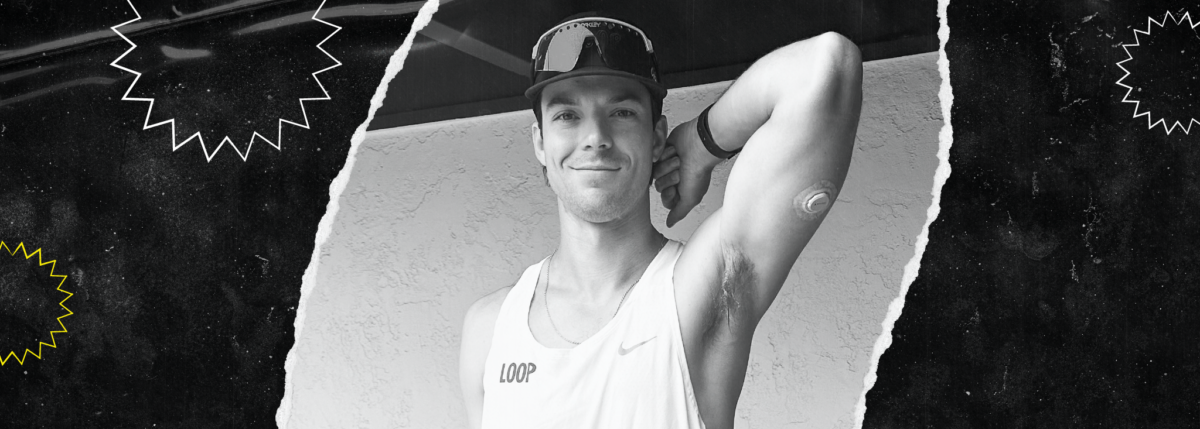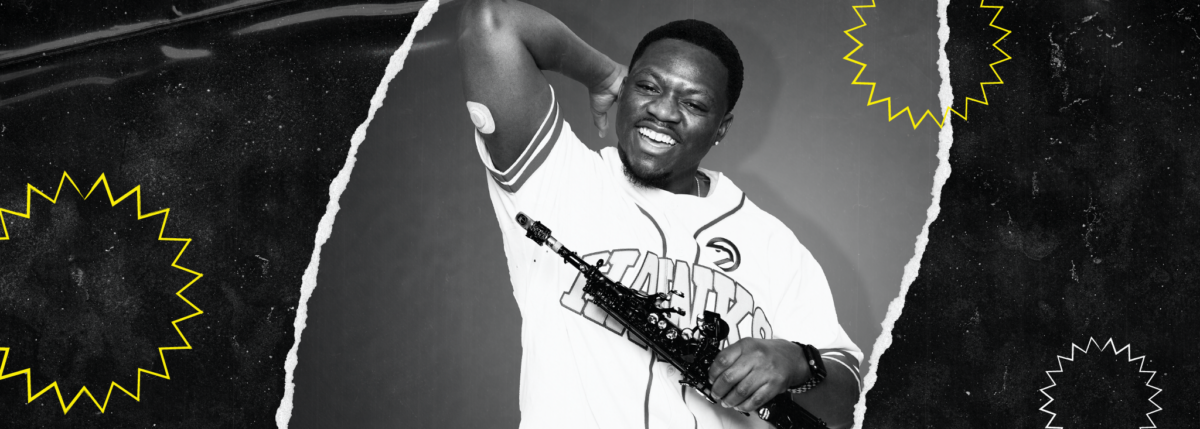It’s Not a Bomb, It’s a Pump
Written by: Samantha Willner
4 minute read
August 21, 2015
In 2013, I took my first solo travel adventure to Istanbul. After purchasing my ticket, I felt completely exhilarated for exactly five seconds before I realized I’d made a ridiculous, insane, impulsive, wholly inadvisable decision.
In order to assuage my fears, I compulsively planned every detail of the trip months in advance—I researched the safest neighborhoods, taught myself some basic Turkish words and phrases and filled my itinerary with tours, site-seeing and other communal, daylight activities. As an insulin pump-wearing type 1 diabetic, I also had to take extra precautions, like stocking up on medical supplies in case of an emergency.
When the big day arrived, I checked and double-checked, packed and re-packed. I even reached the airport an excessive five hours in advance—just in case. I managed to get through security quickly, board the plane without any problems and take off precisely on time.
Everything was going exactly as planned, until, of course, I arrived in Turkey.
In all of my fervent planning, I hadn’t mapped the route from the airport to my hotel. I wrongly assumed there would be Wi-Fi access available to help me figure it out. Yet every network I tried was password protected and I couldn’t seem to connect to cell service. Having already passed through Customs and secured my luggage, I wandered outside in the hopes that I could find an open network, but to no avail. Trying to remain calm, I returned to the airport to locate an information desk and get pointed in the right direction.
When I tried to reenter, however, I was stopped instantly by a security checkpoint. A bit frazzled, I threw my luggage onto the conveyor belt and walked through the metal detector. Within seconds, lights were flashing, alarms were blaring and two men began yelling at me in rapid Turkish. I froze on the spot, realizing at that moment it was the insulin pump clipped to my bra that had set off the alarm.
Although this was my first time traveling alone, I had plenty of experience traveling abroad as a type 1 diabetic. Over time, I’ve learned that diabetes and insulin pumps are handled inconsistently by security guards depending on the airport you’re in, but there are usually only a handful of scenarios that can play out.
In Scenario A, I pass through the metal detector and no one says a word about the small, conspicuous box strapped to my abdomen with a wire. In Scenario B, I’m stopped and questioned, but typically ushered onward at the mention of “diabetes” or—Scenario C—pulled aside to undergo a hand swab to ensure I’m not secretly housing an explosive inside the pump.
Assuming I was in Scenario B, I pulled the (pink) insulin pump from my bra and said to the two Turkish men now patting me down, “I have type 1 diabetes.” Immediately, they jumped backward, and I realized I’d made some sort of grave mistake. After a few confused moments they pointed at me and said, “Come.”
Leaving all of my belongings behind, I was taken into a small, dimly-lit room with a single door and left alone for several minutes. Frantically, I tried to figure out a game plan, but the terror of being detained in a foreign country without a means of communicating left me paralyzed. In the midst of my panic, four men in uniforms entered the room.
One of them pointed to my chest. “I have type 1 diabetes,” I repeated desperately. No one showed any sign of understanding.
I tried again. “Dye-uh-bee-tees.” Still nothing. Again, they pointed to my chest, so once more I reached into my bra to retrieve the pump, a gesture that was met by more incomprehensible chatter and the unshakable feeling that I was in a lot of trouble.
There’s no way I could be the only type 1 diabetic to travel to Turkey, I thought. So I decided to say every word I could think of related to diabetes in the hopes it would trigger some sort of recognition. “Insulin! Disease! Medicine!” I offered, but nothing worked. After almost thirty-minutes of this futile game, one of the guards stepped out only to return with yet another guard, thus bringing the total number of people crammed into the tiny room to six: five intimidating Turkish men, and one terrified American woman with diabetes.
This new guard spoke English slightly better than his counterparts and also seemed less terrorizing. I tried again with him. “Diabetes. I have diabetes. This is an insulin pump.” He contorted his face in thought, turned toward his comrades and shook his head. Then, he turned once more to me and said, “Blood sugar?”
“YES!” I jumped out of my seat and clapped involuntarily, so blissfully relieved that someone finally understood. The guard smiled kindly and said, “It’s okay, you can go,” so I stood expectantly and waited for someone to escort me out of the room. All of the men, however, stood perfectly still and continued to stare at me. I stared back, uncertain of what to do next. Then, for the dozenth time, one of them pointed at my chest. This time, though, he gave an instruction: “Open.”
I started to protest. Surely it was illegal for them to strip search me without some sort of explanation or at least the courtesy of a female guard! Yet I was so desperate to leave and begin what was supposed to be a wondrous solo adventure that I decided to obey. Reluctantly, I lifted my shirt almost entirely over my head so they could see I wasn’t housing any other foreign devices in my bra. Immediately, all five of them burst into uncontrollable laughter. It was only then that I realized I was standing directly in front of the only door to get out.
For more by Samantha Willner read Seeing Clearly and To the Parents of Children with Type 1.

Author
Samantha Willner
Samantha Willner was diagnosed with type 1 diabetes in 1991 when she was just 1 year old. Since then, she has played an active role both personally and professionally in the diabetes community, previously working for JDRF International as a donor relations director and chairing the JDRF mentor program in NYC. Samantha also holds a B.S. in Communication from Cornell University and recently earned her MPH from Yale, where she conducted original research on barriers to insulin access affecting U.S. adults with type 1 diabetes. Currently based out of Philadelphia with her type 1 diabetes (T1D) husband and fellow GAC member, Ryan Campbell, Samantha is passionate about being a role model and inspiration for type 1 children and teens. For more insight into her life with T1D, you can follow her on Instagram @samanthawillner.
Related Resources
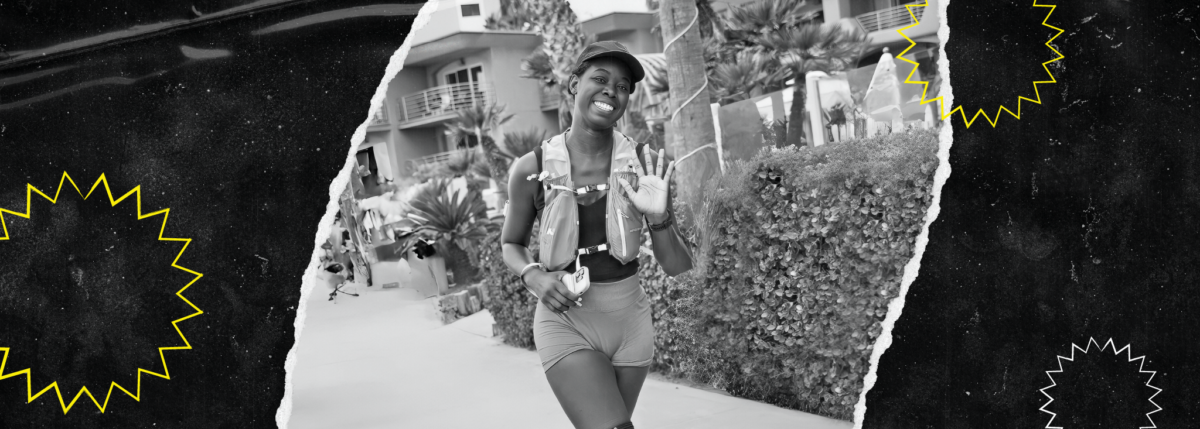
Danica Collins not only prepared for one of the most challenging physical events of her...
Read more
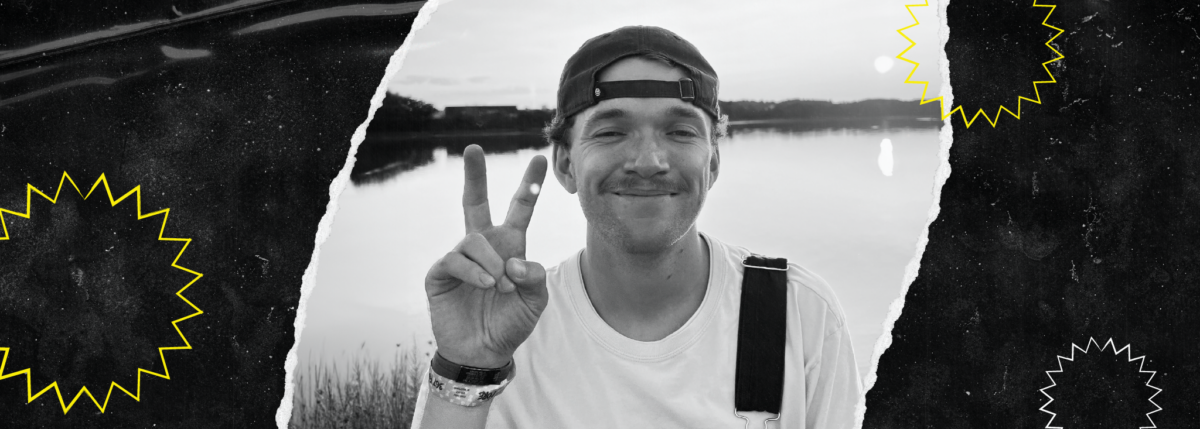
Beyond Type 1 is spotlighting inspiring athletes with type 1 diabetes as they prepare for...
Read more
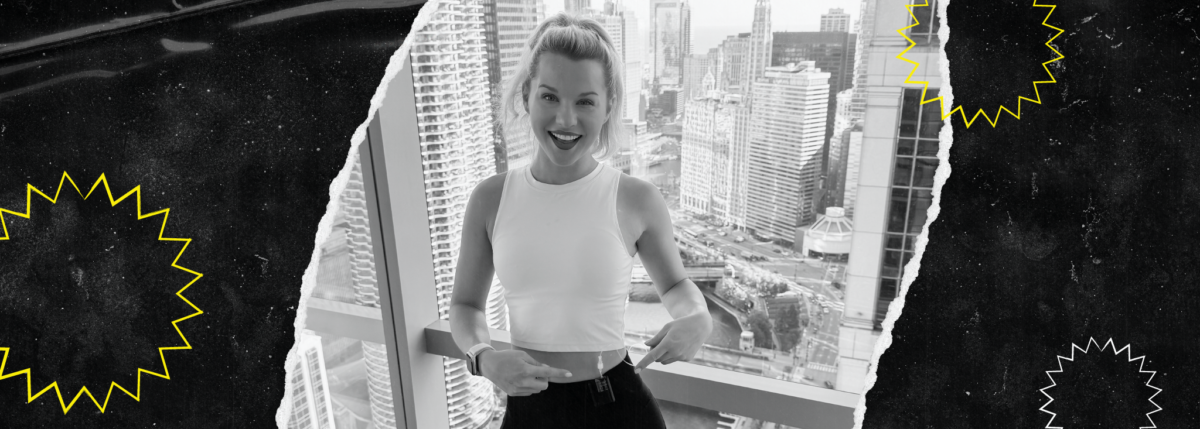
On November 3, 2024, Taylor Rindfleisch of Chicago laced up her running shoes for the...
Read more
